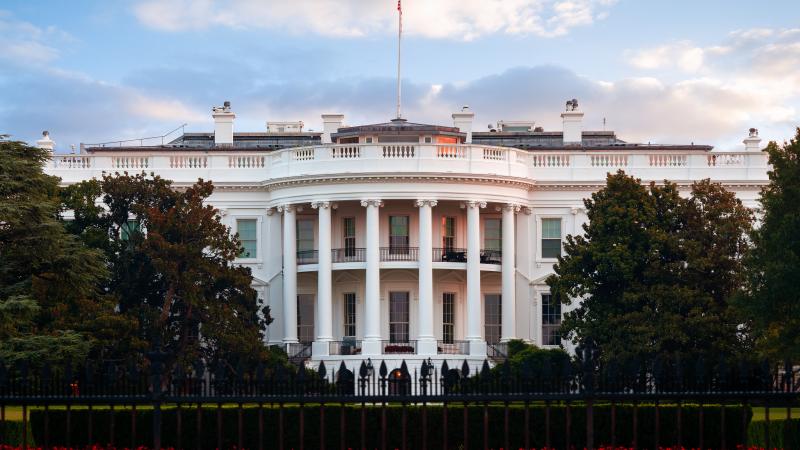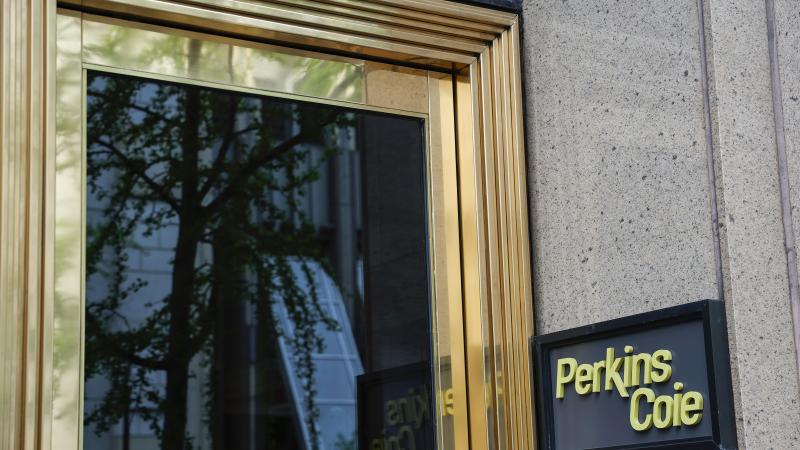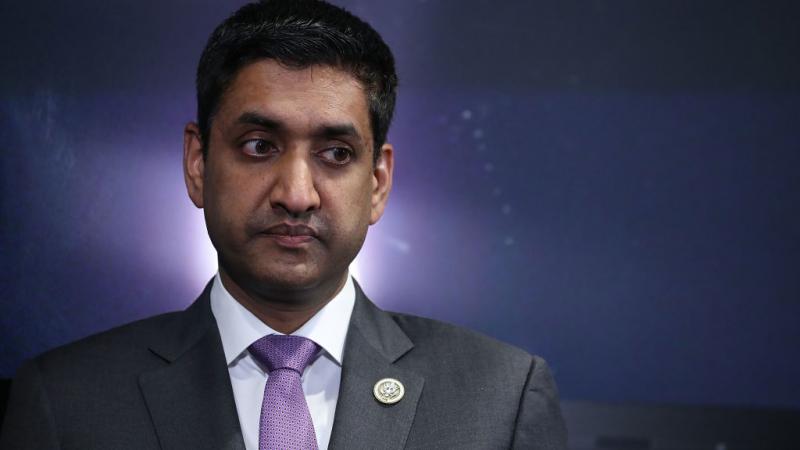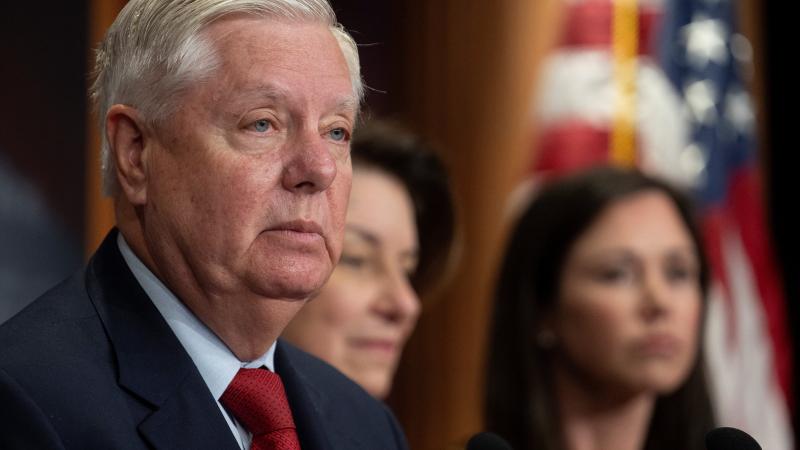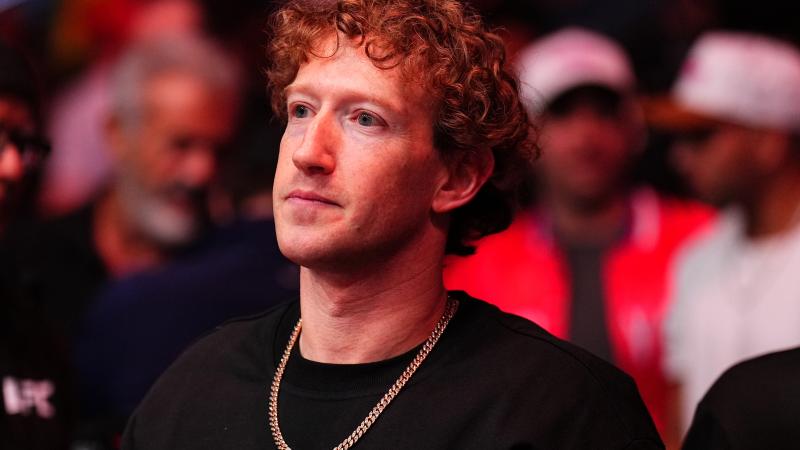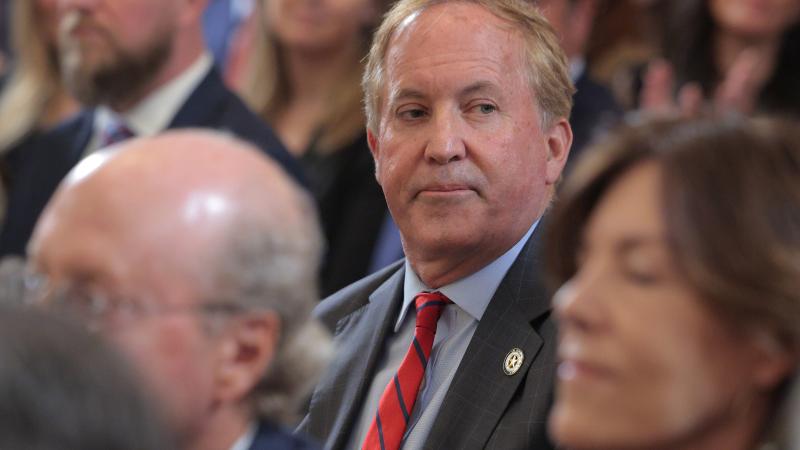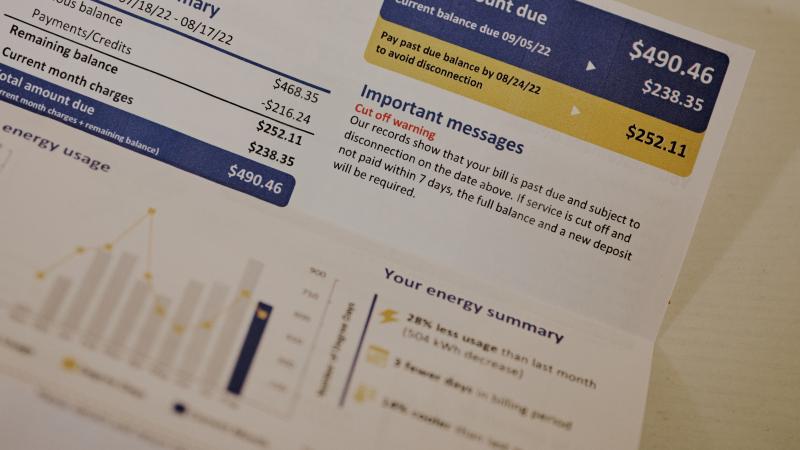Report: Some medical schools still racially discriminate in admissions
“The data we collected strongly suggests that medical schools continue to engage in racially discriminatory admissions, even after the Supreme Court ruled against that practice in 2023,” Do No Harm director of research and co-author of the report Ian Kingsbury told The Center Square.ollected strongly suggests that medical schools
(The Center Square) -
American medical schools may still be participating in racial discrimination in their admissions even after the U.S. Supreme Court ruled that affirmative action is illegal, a recent report showed.
“The data we collected strongly suggests that medical schools continue to engage in racially discriminatory admissions, even after the Supreme Court ruled against that practice in 2023,” Do No Harm director of research and co-author of the report Ian Kingsbury told The Center Square.
Do No Harm is an organization of “physicians, nurses, medical students, patients, and policymakers focused on keeping identity politics out of medical education, research, and clinical practice,” according to its website.
Kingsbury told The Center Square that putting an end to discrimination in medical education “requires some combination of litigation from rejected students, action from state governments or the federal government to close loopholes, and the establishment of new accrediting bodies.”
“Unfortunately, at present, medical schools are encouraged by their accreditor to discriminate,” Kingsbury said.
Kingsbury said that “in the Supreme Court decision that ended affirmative action, John Roberts cautioned that ‘Universities may not simply establish through application essays or other means the regime we hold unlawful today.’”
“Unfortunately, that is exactly what happened,” Kingsbury said. “The fight for truly race-neutral admissions goes on.”
Do No Harm analyzed 23 public medical schools’ 2024 admissions data for its report, according to a news release.
“Accepted Asian and white applicants had higher MCAT scores than accepted black applicants at all but one school,” the release said.
“At 13 schools, the average MCAT score of rejected Asian or white applicants was higher than that of accepted black applicants,” the release said.
The report said that schools in its sample “thankfully” are “not making many exceptions for students with an MCAT score below 500.”
“What this analysis does show, however, is that some schools appear to exhibit a preference for black candidates with scores similar to or even lower than other applicants and an aversion to Asian candidates with scores similar to or even higher than other applicants,” the report said.
Out of the 23 medical schools analyzed, Eastern Virginia Medical School and University of Wisconsin School of Medicine and Public Health are “particularly problematic,” the report said.
Eastern Virginia “admitted 16.5% (69 of 418) of Black applicants with MCAT scores ranging from 500-517.11,” the report said. “Meanwhile, among the 2,983 white applicants with scores in that range, the school only admitted 128 (4.3%).”
“For Asian applicants in that range, the number falls to just 2.1% (51 of 2,399),” the report said.
“At Wisconsin – where administrators devised a ‘holistic admissions’ process in service of DEI goals – 21.6% of Black applicants (33 of 153) who scored between 500-517 were admitted,” the report said.
“Meanwhile, only 3.5% (98 of 2,813) of white applicants who scored between 500-517 were admitted and just 2.2% (36 of 1,626) of Asian applicants in that range were admitted,” the report said.
“Ultimately, federal officials and judges will have to decide which schools operate an ‘unlawful’ regime,” the report said. “These two schools seem particularly inclined to test those boundaries.”
Neither Eastern Virginia Medical School nor University of Wisconsin School of Medicine and Public Health have responded to The Center Square’s request for comment.




